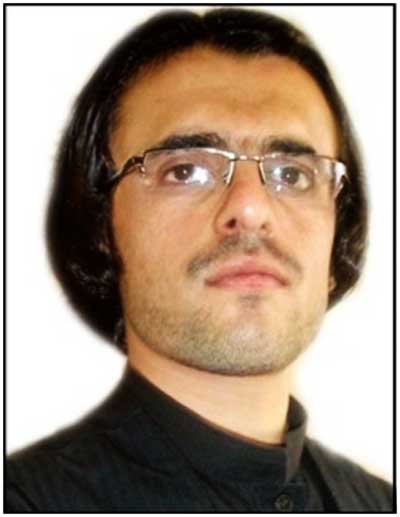Balochistan – the land blessed with nature’s abundance, yet stripped of basic human rights. A province where mountains spit out gold and copper, oil and gas flow from its veins, but its people starve with empty plates and hollow eyes. Beneath the soil lies immeasurable treasure, yet above it, the people live with the visible scars of poverty, deprivation, and long-standing neglect. Poverty in Balochistan is no coincidence – it is a deliberate and painful consequence of systemic disregard. The people still yearn for facilities that are a basic right elsewhere in the country.
There’s no quality education, no proper healthcare, no job opportunities, and in many places, not even access to clean drinking water. Even in this modern age, dozens of Baloch villages remain untouched by electricity. Roads are broken, schools are closed, hospitals are empty, and the public is drowning in hopelessness. Children in Balochistan don’t wake up to school bells; they wake up to the burden of survival. Their childhoods are buried under sand and stones, where instead of books, they carry tools for labor. Their innocence is the first victim of this cruel poverty. Where education is a dream, employment becomes an illusion.
The educated youth wander from office to office with degrees in hand and despair in heart. Hope is crushed under nepotism, political favoritism, and administrative indifference. Baloch mothers still carry their sick children to untrained healers because the nearest hospital is too far, the doctors are few, and medicines are out of reach. Some women walk miles just to fetch a bucket of water – water that’s often unclean and dangerous. This is the same land that provides gas to the rest of Pakistan, yet its own homes remain cold and lifeless. Is this justice? Governments, both federal and provincial, frequently announce development packages for Balochistan. But where do these packages go? Why do conditions never change? The official narrative portrays Balochistan as a developing region, yet the ground reality is more like a silent graveyard – each grave a buried dream.
The deprivation here is not only material it is psychological. The trust of the people has eroded. They love their country, but what have they received in return? Silence. Neglect. Hunger. If this indifference continues, one day this silence will erupt like a storm that will not only break the walls of deprivation but shake the very foundations of national unity. Balochistan’s youth today are not just disillusioned – they are dangerously hopeless. This hopelessness can become a threat greater than any external force. In homes where even breakfast is a luxury, dreams cannot grow only resentment festers.
The most expensive thing in Balochistan today is hope. Politicians make speeches, committees are formed, plans are drafted – yet nothing reaches the people. This land is fertile, but its fate remains barren. Many children drop out of school not by choice, but because of hunger. In some areas, women visit a doctor only once in several years, and only when absolutely necessary. Villages remain cut off from the world no roads, no signal, no help. Unemployment is so dire that some youths have taken their own lives in desperation. Others migrate to Karachi, Lahore, or even the Gulf in search of a livelihood, leaving behind broken homes and heavier hearts. Their stories never make headlines. Their cries are never breaking news.
Balochistan has always been remembered at election time or for its resources, but never for its people. When all doors are closed, extremism finds its way in. This is not just a political issue it’s a national security concern. A hungry man doesn’t need peace; he needs justice. Hollow promises don’t feed the stomach, and patience too, has limits. If Balochistan is only valued for its gas and minerals, a time will come when the people will start questioning their place in the federation. These silent screams, if echoed together, will be louder than any rebellion. The pain of Balochistan is not just regional it is a test of our national conscience. National integration doesn’t come from slogans, but from equality. The backwardness of Balochistan is a scar on the face of national progress.
Isn’t it time we tried to heal this wound? If not today, history will ask us tomorrow. The children, women, and elders of Balochistan are not demanding privilege – they are asking for their share of life. They are not foreigners they are the forgotten arm of this very nation. To bandage their wounds is not just humanity – it is patriotism. A state is like a mother. And a mother never lets her child sleep hungry.
Balochistan deserves the same love, attention, and services that the rest of Pakistan enjoys. This scream isn’t just Balochistan’s, it is the voice of a wounded nation’s conscience.





